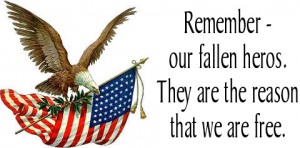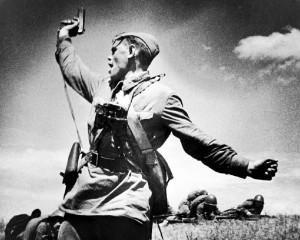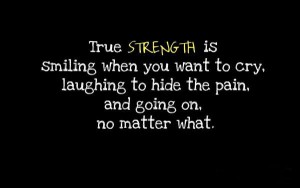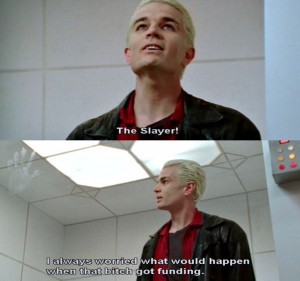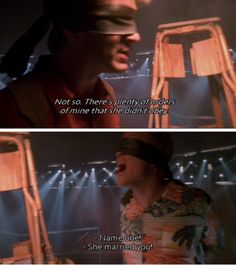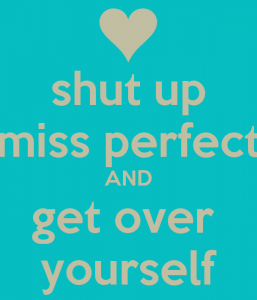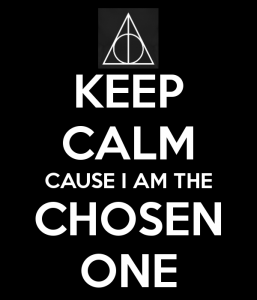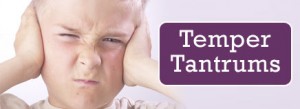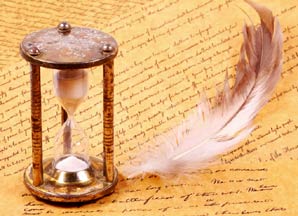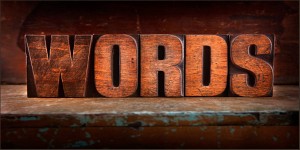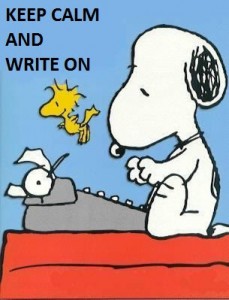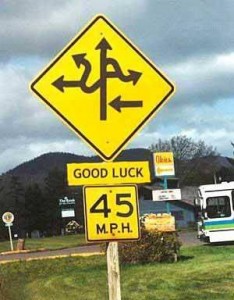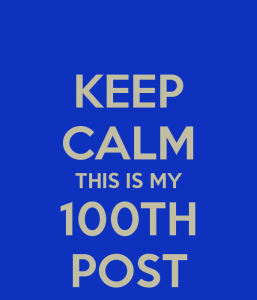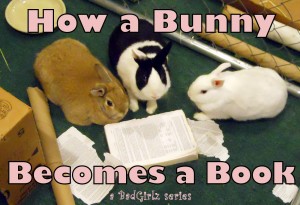
So I have been merrily editing my way through Chapter 18 of Broken Things when I decided to take an hour break and watch City Hunter, a Korean drama that several of my friends highly recommended. Plus, I had a valid reason to watch it, I swear! Just like my novel Of Broken Things, it deals with revenge and how it alters people. It raises some important questions. How far would you go to get your revenge and still be able to live with yourself afterwards? Where is the line after which you lose your humanity? How can you survive when your quest backfires and hurts your loved ones? Does the goal really justify the means?
Anyway, I had just intended to watch the first episode before going back to editing, but it was just so gosh darn good that I decided to watch episode 2 as well… There went my three day weekend, my sleep and my sanity.
This show rocks, people! The story is solid and fast-paced. The characters are fully developed and believable (and lovable). The actors who play them did a wonderful job of showing us the tragedy of the situation without falling into cheap pathos. I rooted for them I was scared for them, and I cried when one of them died. I hadn’t been this engaged with the characters of a series since Buffy or Firefly, so that’s saying something. Of course, it doesn’t hurt that the main male lead, Lee Min-ho should officially change his name to Lee Min-HOT. And boy, can he act.
But I digress. After watching 20 one hour episodes in less than three days, I woke up on Sunday morning with a rabid plot bunny gnawing on my brain. You would think that after City Hunter, the story idea would be about revenge… and you would be wrong. No revenge at all. Zilch. Nada. And it’s not even set up in our modern world. The only thing it took from the Korean drama is the Asian-inspired setting. Even then, the spirits in this new story have more similarity with Japanese mythology than Korean.
And the biggest surprise is that this plot bunny jumped into my brain already half-grown and well-fed. Usually, I just get a scene, or a glimpse of a character or two, maybe a vague idea of the world. This time, I already have a pretty good grasp on the world structure, mythology and topography, and even a bit of historical background. I have two fully formed protagonists, each one with their own backstories already.
More importantly, I KNOW exactly what this story will be about. No, I don’t have a fully-formed plot just yet, though I do have a scene that I know will be pivotal in the story. But I know the MESSAGE this story will tell. This is a first for me. Usually, the actual message emerges somewhere in the last quarter of the first draft or even during editing. Here, I already know the message and I haven’t even started planning or outlining yet!
And another big surprise: it’s a Young Adult story. I’m floored. I don’t usually read YA, and I certainly don’t write it, at least not intentionally, because Mists of the Crossworlds turned out YA in the end, but was certainly not planned like that.
This new story starts YA from the beginning. It’s a coming of age story. A story of self-discovery, self-improvement and even self-sacrifice. Oh, and it’s definitely a love story…
So after watching 20 hours of contemporary drama about revenge, my brain came up with an idea set up in a magical / steampunky world with not a single revenge plot in sight. Inspiration, you sure work in mysterious ways. Maybe I should cast Lee Min-ho as the male protagonist, just to pay tribute to the series that jolted my brain into overdrive?
Anyway, I spent most of my Sunday frantically typing all my shiny new ideas into Scrivener. Good news – I think I have my NaNoWriMo 2015 project pretty much locked down. Bad news – I haven’t done any editing at all this weekend.
What I mostly wanted to show with this story is that it’s good to expand your horizons sometimes, to venture out of your comfort zone. That’s where the best ideas lie in waiting. I was unfamiliar with Korean dramas and rather skeptical when I started watching City Hunter, yet it gave me a precious gift: the makings of what will become a wonderful story.



